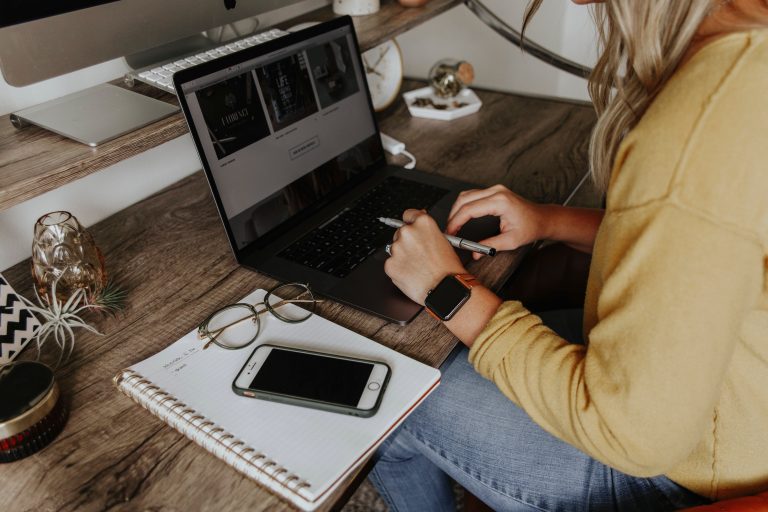Digital Health apps – The rise of femtech!
Some examples of femtech include apps for fertility, pregnancy, period tracking, sexual and gynecological health as well as lifestyle & wellness. The term “femetech” was coined by Ida Tin who is the co-founder and CEO of the female health app Clue which assists users with all aspects of female reproductive health.
After decades of silence and taboo, women are now finding platforms and apps where they can understand, educate and empower themselves about their bodies and take full control over their health, and according to Frost and Sullivan: femtech could become a $50 billion market by 2025.
Menstrual products weren’t allowed to be advertised on American television until 1972 so it’s a welcome change to see so many startups assisting women, now making vital services more accessible, particularly in a post pandemic world where the cost of some of these services in person is not viable for some.
In 2021 the tides began to turn with ovulation calendar, period tracker and pregnancy app Flo securing $50 million in Series B Funding, bringing the companies valuation to $800 million.
Femtech is still however a relatively untapped market with only a few hundred startups worldwide.

Digital Health Apps – Femtech Apps
Flo
Flo is an app that assists women with tracking menstruation, predicting their cycle and preparing for conception.
Clue
Founded by Ida Tin who actually coined the phrase “femtech” Clue is a period tracking app which assists with PMS and fertility.
Natural Cycles
Natural Cycles is the first FDA cleared birth control app and advocates for more non hormonal, non invasive birth control options.
Caria
Caria is an app which assists women with navigating menopause smoothly and has been developed with leading experts in womens health.
Gazella
Gazella is an app that allows a user to find different workouts depending on where they are in their menstrual cycle.

Digital Health Apps – Education & Poverty
Period poverty is the lack of access to sanitary products and education surrounding menstrual health. Femtech is educating women in the developing world by improving knowledge to women who have limited access to healthcare.

Unicef have created an app to assist in educating young girls in developing contries, Oky is a period tracking app which has been created for girls by girls to help them learn about menstruation. Oky has been developed for girls in low and middle income countries where there is a lack of education and understanding. Currently adolescent girls in Mongolia and Indonesia are using this app annd Unicef plans to launch in Kenya next.
According to the World Health Organization more than 800 women die of pregnancy-related complications every day, particularly in rural areas of India and Africa, where healthcare facilities are in short supply. Femtech is also being used in developing contries to tackle cervial cancer.
Digital Health Apps – What about inclusivity?
Femtech is a growing and evolving industry and the term femtech itself can be considered exclusive so there is an increased demand to accommodate the LGBTQI+ community who need access to information and advice regardless as to how they identify as a gender.
There is now a stronger expectation for brands to be accessible to all. Queerly health is a rising startup which is dedicated to educating the LGBTQI + and trans community by allowing them to connect with practicioners via the online marketplace.

In addition to this Plume is a trans led platform which allows the user to download an app and be connected with a practicioner who can provide gender affirming care in the form of hormone therapy.
Femtech Apps – The future?
The conversations surrounding women’s health and reproductive topics have always carried a social stigma. But the world is transforming and we are thrilled to have femtech startups that are trailblazing the way to not only normalizing the subject of womens health but providing scientific results to support and educate women worldwide.
Femtech represents a shift in thinking and women are being represented in a way they have never been before by raising awareness, removing stigmas and using technology to educate and empower. As a result of this transition, more women are entering industries and roles that were predominantly led by men.
Digital healthcare has advanced enormously in the last few years and has transfromed the way in which we look after our health. Satista estimates that the mobile medial app market will grow to over 11 billion dollars by 2025.
We at Media Shark are looking forward to seeing further innovation to educate and assist users all around the globe!


